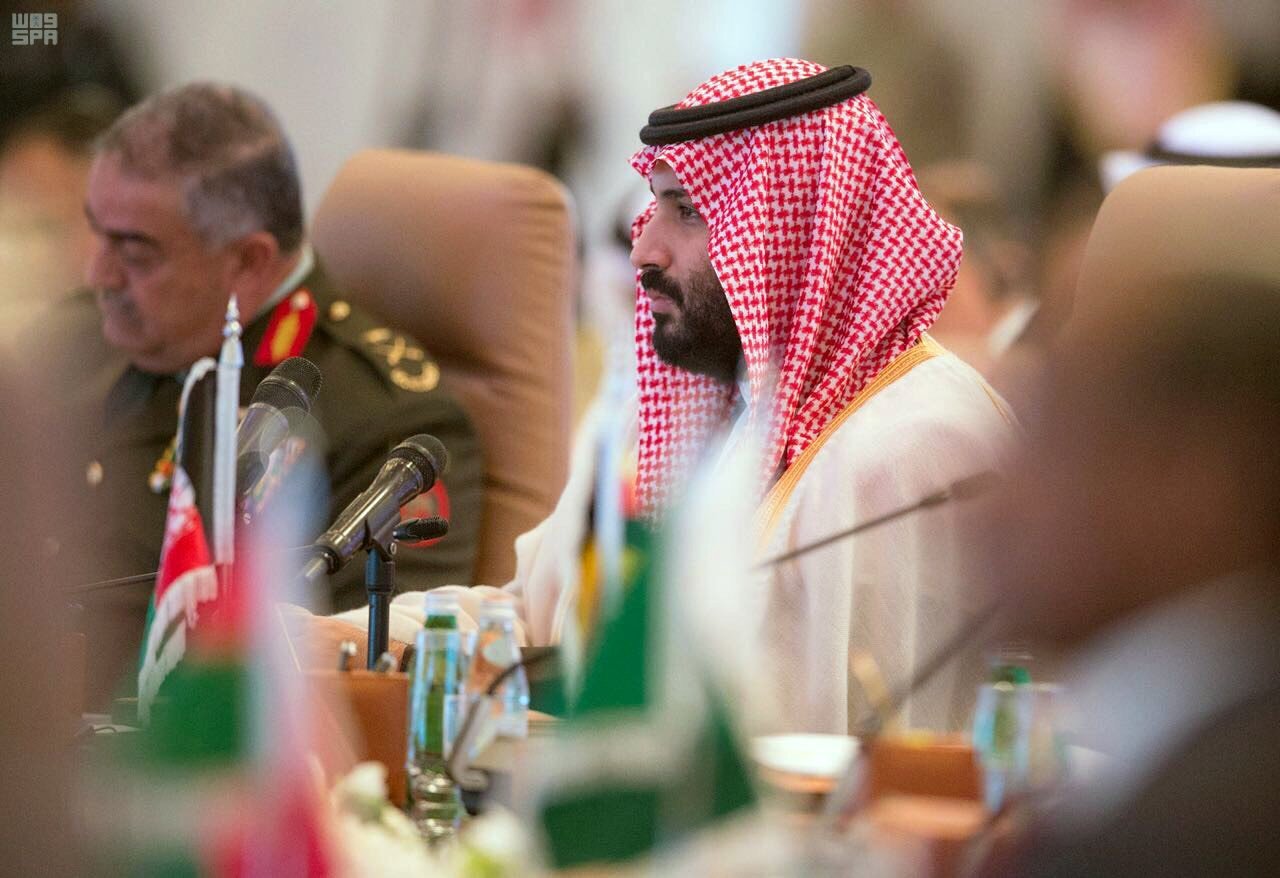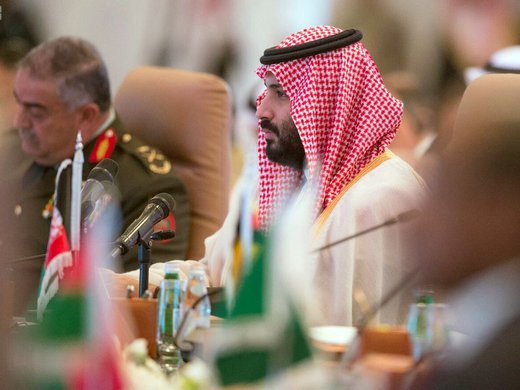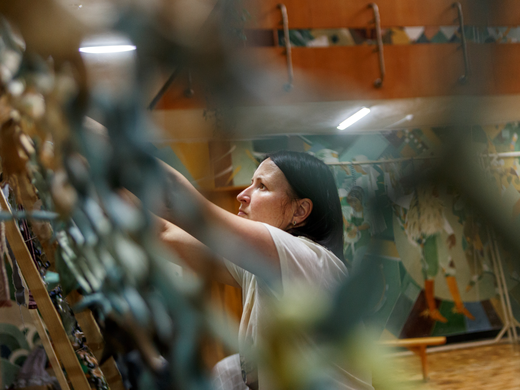When Saudi Arabia expelled Canada’s ambassador from Riyadh – on Twitter, no less – the shock and then indignation that set in among Canadians was palpable. Yes, Foreign Minister Chrystia Freeland tweeted a few days earlier her strong condemnation of jailing a Saudi activist with family ties to Canada, but this is less about Canadian foreign policy than it is about the Saudis.
So why now? Why did Saudi Arabia react as it did?
This is a new, bold Saudi Arabia trying to make its mark on global and regional affairs. Led by the young and very brash Crown Prince Mohammed bin Salman (or MBS), this latest move is yet another red line that is being used to rile up nationalists and assert Saudi dominance. Expelling a Canadian ambassador is in keeping with the moves of a crown prince who allegedly took the Lebanese prime minister hostage, rounded up 200 of the most influential and richest Saudis and detained them until they paid part of their fortune back to the Saudi national accounts, and created a diplomatic firestorm with tiny neighbouring Qatar for not toeing the Saudi line on regional affairs. And this in under a year.
The Saudi Crown Prince wants to signal to the world that interference in Saudi domestic affairs and criticism of the country will come with economic consequences. After all, Saudi Arabia will never pose a military or strategic threat to Canada and much of the West, but it does have billions of dollars in investment projects that Canadian and international companies want a piece of, particularly in the construction of new cities designed to serve as global economic hubs.
There has been plenty of international – and specifically Western – criticism of Saudi Arabia over the arrest of women’s rights activists in May, a month before the country granted women the right to drive, and the disastrous humanitarian calamity of its war in Yemen, among other things. Canada is an easier target for Riyadh than, say, Britain. Severing economic and diplomatic ties with Canada is less complicated and will result in less Saudi domestic blowback than, for instance, signalling to Saudis that shopping in London’s high-end boutiques is an affront to national honour.
Canadian-Saudi bilateral trade is pretty negligible in the larger scheme of things. Canada sells the Saudis plenty of military hardware; the Saudis are, after all, the largest arms purchaser in the world. The Saudis sell Canada some petrochemical and fuel products, and while Canada may not quickly find another buyer for arms and weapons, there’s certainly no Canadian dependency on Saudi oil products. Similarly, the Saudis will gladly find new producers of arms to supply its awful and protracted war on Yemen.
But the Saudis have reportedly stated that the generous scholarship programs that pay for Saudi students to study in Canada will be cancelled and shifted to other countries. The loss of tens of thousands of Saudi students in Canada is not only an economic cost for Canadian universities and towns, but, more importantly, it represents a major upheaval in the students’ lives, just a few weeks before a new term starts.
The timing of the Saudi announcement is also meant to deflect public and regional criticism from another of the Crown Prince’s foreign policy blunders: Jerusalem and the so-called Kushner peace plan. A few weeks ago, the Saudis signalled that they might support Donald Trump’s son in-law Jared Kushner’s so-called Israeli-Palestinian peace plan, which included recognizing Jerusalem as Israel’s capital. Reportedly, Mr. Kushner and the Crown Prince have an amicable relationship, and the Saudis were using their economic and political muscle in the region to push the proposal through with reluctant Arab governments, particularly that of Palestinian Authority leader Mahmoud Abbas. While the Crown Prince has had a long leash from his father, King Salman, the regional and public heat was apparently too much for the older monarch, and in an unexpected move, the King overturned his son’s foreign policy proposal and reaffirmed the long-standing Saudi position on the matter.
For a leader who is used to the nationalist support of his young and energized followers, it was time for MBS to get the Saudi people riled up again. Enter Canadian Foreign Minister Chrystia Freeland – a woman, no less. Ms. Freeland’s tweet was easy fodder for the macho Saudi Twittersphere. The resulting poke to the eye of the feminist Trudeau government is a perceived win in the Saudi foreign policy community and a helpful distraction from a few weeks of domestic embarrassment for the Crown Prince over his father’s rebuke.
US President Donald Trump is certainly not going to come to the defence of Canada or the Trudeau government, and likely cleared the Saudi move through Kushner-MBS back channels. Other autocratic regimes in the region are likely relishing the Saudi move, too.
It’s time for Canada to step back from the Twitter war of words, reaffirm our support for human-rights activists around the world and support our foreign minister. Do not expect the Saudis to back down. They have dug themselves into a deep hole before and will take tens of thousands of unfortunate Saudi students with them.
This article first appeared in The Globe and Mail.



